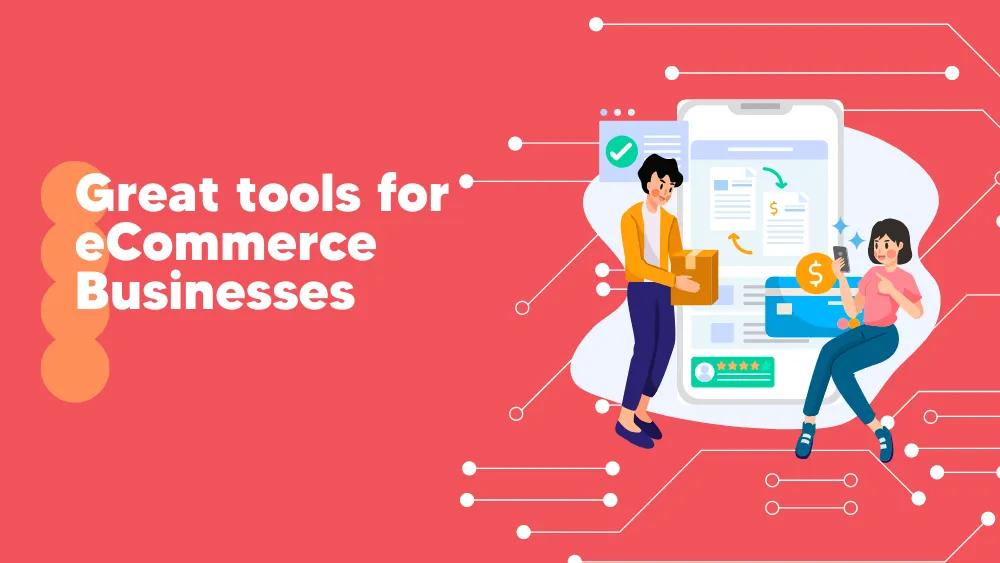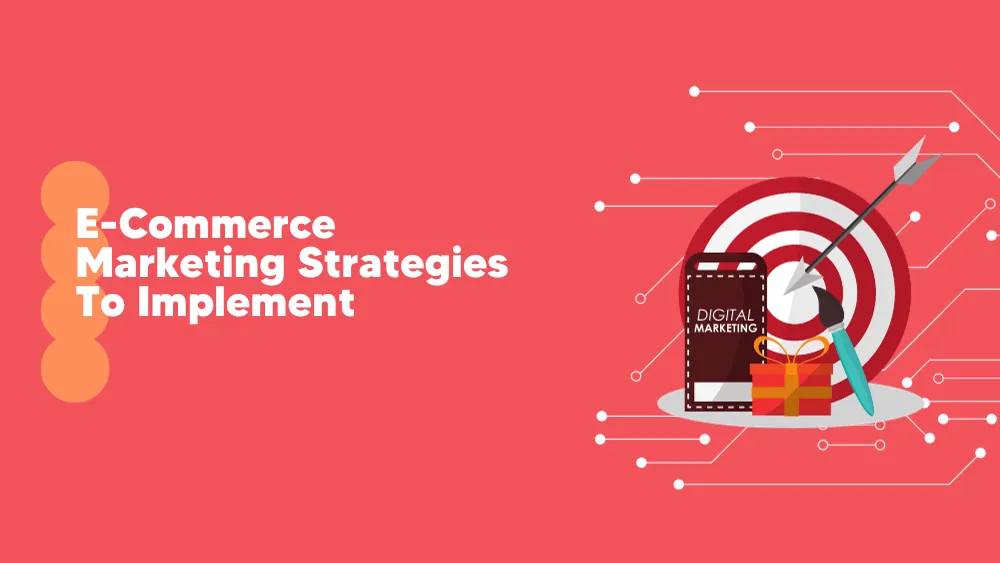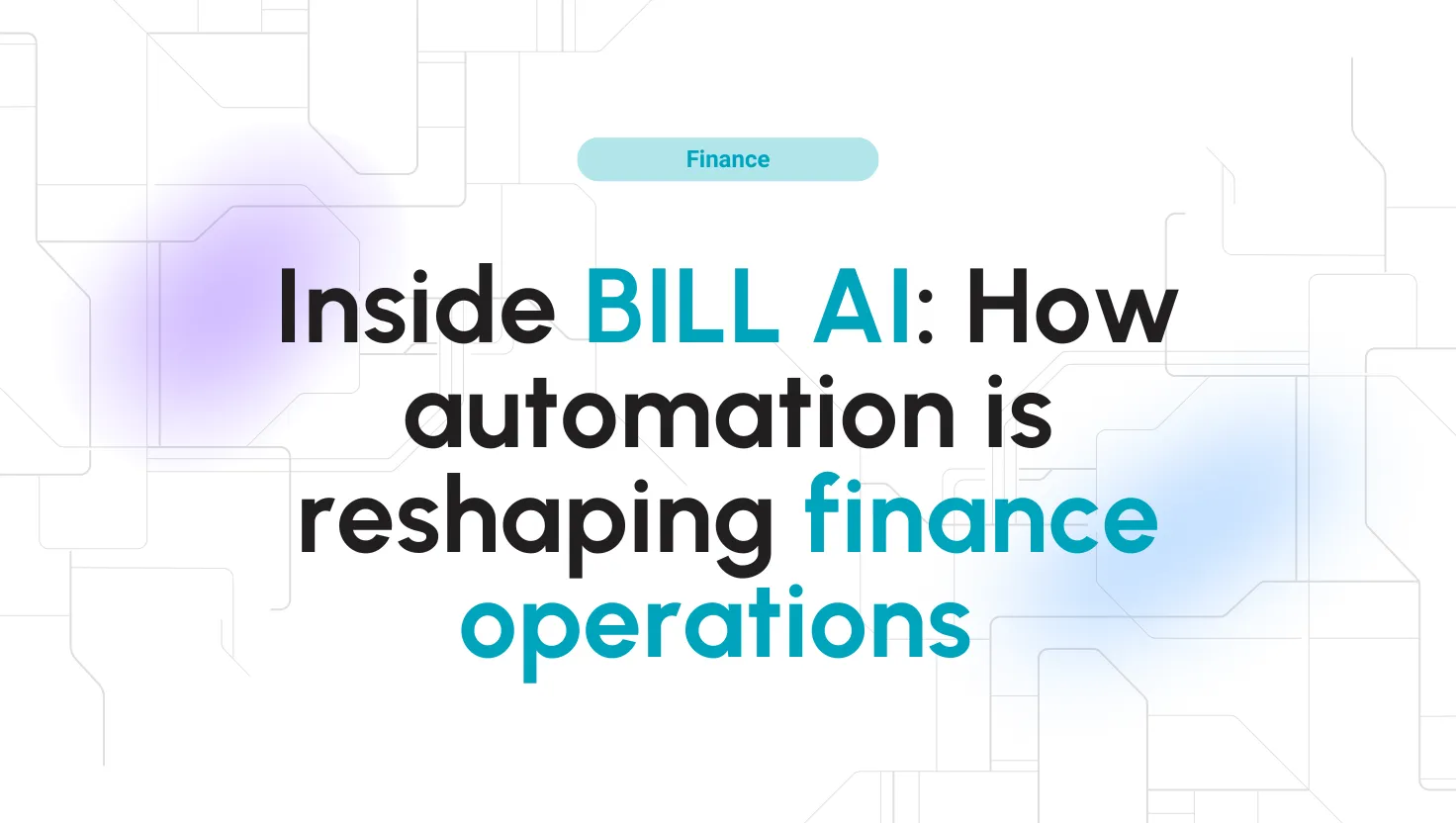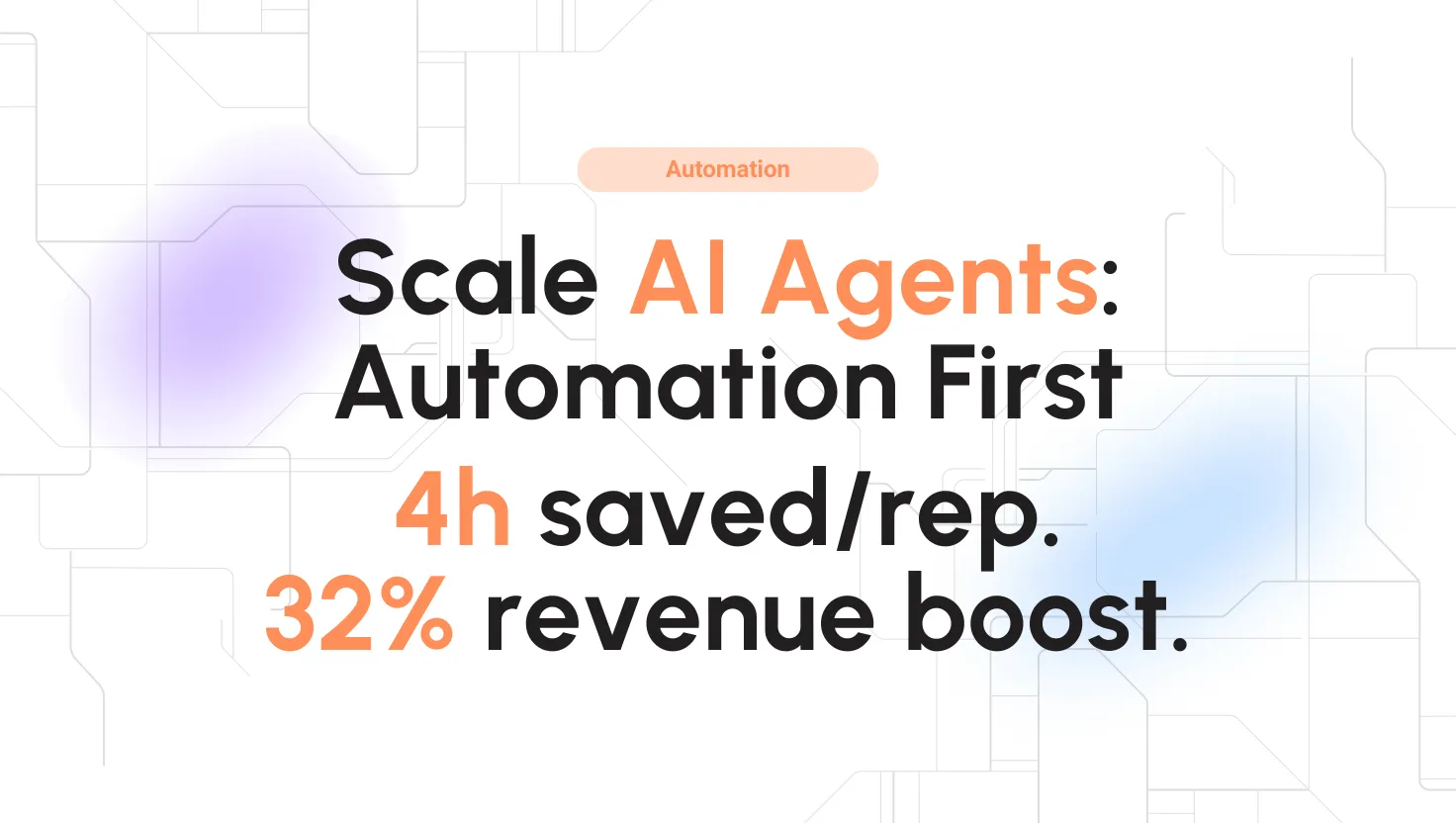
BigCommerce Reviews for 2026
Save 40% on your SaaS stack with expert guidance
Free Consultation
What is BigCommerce?
The “Who we are + what we do” section reveals that BigCommerce is a B2B and B2C platform for retail merchants selling foods, beverages, apparel, and other items. The emphasis as of 2022 is on mid-level and large businesses. Merchants using BigCommerce can combine channels, such as offline and online stores and social media platforms, to market and deliver goods.
The APIs and webhooks give the merchants flexibility and customizability by letting them integrate other products and partners into their BigCommerce stores. This results in a lower cost of opening and running a store while providing a greater reach and diversity of tools.
The BigCommerce marketplace also supports “omnichannel,” the simultaneous presence across various platforms. Combined with the 2021 expansion to the Middle East, Africa, and Europe, the BigCommerce platform is a product pipeline for local merchants.
Headless commerce refers to merchants’ ability to change a store’s front end without jeopardizing the back end. Customers keep shopping as the store owner tinkers with its appearance and design. The front and the back end are connected through an API, delivering 360° SaaS retail eCommerce solutions.
Found in these Categories
Best For
- StartUps
- Small Business
- Medium Business
- Large Enterprise
BigCommerce Pricing
Looking to Save Time & Money
Audit, consolidate, and save—powered by our internal buying team. Let our experts analyze your current software stack and identify opportunities for cost savings and efficiency improvements.
- Stack Audit
- Cost Reduction
- Expert Team
BigCommerce Features
- Email Marketing
- Inventory Management
- Order Management
- Payment Processing
- Reporting / Analytics
- Returns / Refunds
- Customizable Templates
- Checkout Process
- Customization
- Multi-Store
- Data Security
- SEO Management
- Mobile Access
- Promotions Management
- Kitting
- CRM
- Reviews Management
- Credit Card Processing
- Real-Time Editing
- Shopping Cart
- Discount Management
- Mobile Commerce
- Tax Management
- Cataloging/Analytics
- Website Management
- Data Import/Export
- Online Store Builder
- Template Management
- eCommerce Management
- Order Management
- Abandoned Cart Saver
- Loyalty Program
Leave a Review
BigCommerce Company Details
Company Name
BigCommerce
Headquarters
United States
Website
bigcommerce.com
Own this Software?
BigCommerce vs. Similar Products
Select up to 3 Software, to enable Comparison
Compare Selected SoftwareEditorial Review: BigCommerce Deep Dive
Table of Contents
BigCommerce is a software-as-a-service (SaaS) multi-storefront platform dedicated to scalable growth without increasing complexity. According to the official website, the user experience is optimized for performance, ease of use, and various creative designs. Bright, solid-colored designs emphasize the selling points of small, generic items like watches. Plain, angular store page layouts are a godsend for mobile devices. Moreover, BigCommerce also offers headless commerce, commerce-as-a-service, and omnichannel. Let’s pick them apart and see how they improve the online store experience in this BigCommerce review.
What is an eCommerce platform?
It’s a platform that quickly moves the largest volume of goods with the least management. E-commerce platforms allow a store owner to open storefronts by the dozen without worrying about storage space and buying a domain name. A typical e-commerce platform in 2022 allows store owners to automate core functions, such as updating the store inventory. Therefore, minimal expenses and maintenance ensure the maximum profit margin. By the way, all the above spellings of eCommerce are correct.
BigCommerce — online selling solution
The official website’s About Us page states BigCommerce was founded in 2009 as a 2-person startup with the mission to empower merchants and businesses of all sizes. As of 2022, BigCommerce is an eCommerce platform that employs 1,000 employees that serve 60,000 merchants in 150 countries.
According to the platform’s 2021 Annual Report, BigCommerce grew its revenue by 44.3% to $219mm, thanks to the introduction of the B2B Edition and acquisitions. However, the revenue growth and the rapid global expansion did not reflect on the BigCommerce stock, which fell from $57.23 on April 19, 2021, to $19.17.
As of July 2021, the Report states BigCommerce partnered with the following:
- Meta
- Walmart
- Wish
- TikTok
- Amazon
- Mercado Libre
How to use BigCommerce?
Visit the BigCommerce website, click the Essentials tab and click “Start your free trial.” Type in your details (no payment method required), and you will activate the 15-day trial. Those details will serve as the BigCommerce login. The store catalog is filled with placeholder items, some of which already have product options.
The default currency is USD. Stores created from IP addresses in US, UK, and France have a temporary PayPal account that can process up to $2,500 or 25 transactions. However, the funds are held until you fully activate the account. There is also the option to test the transaction functionality using dummy cards and accounts.
Next up is shipping. You can choose between a flat rate and free shipping. A US shipping location is set up by default, which you can change to suit your needs. So, set up tax collection, for which BigCommerce has provided Avalara and Vertex, two tax management partners.
The account dashboard lets you complete the store setup:
- set up store manager profiles
- set up the store profile
- add inventory (allows a .CSV file)
- set up inventory tracking
- import customer information
- set up discounts
- customize the store
- fine-tune the branding
- enable reviews and reCAPTCHA
- install the SSL certificate
- send the sitemap to one or more search engines
Advantages of BigCommerce
First, tailoring e-commerce to a specific sector or region through partners is the biggest advantage of BigCommerce. Use cases mentioned on the BigCommerce website talk about:
- creating commerce in the metaverse or through home appliances
- industry-specific features, such as making wine clubs for wineries
- programmatically created e-commerce trial stores
- full-suite dropshipping and fulfillment
- localized e-commerce
Secondly, the second advantage is merging the inventory held at physical stores with that cataloged online. Merchants can also create a “shop online, pick up in our store” funnel, which indicates BigCommerce wants to entice established merchants that are doing well to join the platform.
Finally, the third advantage is integrating the existing online selling system and products with BigCommerce. As a result, a dabbled online merchant can carry over what works and prune what doesn’t.
Disadvantages of BigCommerce
BigCommerce began as an enterprise for hustlers but became a corporate-friendly platform. This means the barrier to entry is high, likely requiring a team with a few programmers and graphic designers to cross. If you don’t have an established business, BigCommerce is not the place to start, and the gains are disputable even for one such business.
Furthermore, one case study on the BigCommerce website talks about Lammes Candies, a Texas-based confectionery store that started in 1885. The company has five retail locations in Austin, Texas, and by the early 1990s, it had established a robust mail-order system. Come 2018; the company realized the competition was taking over the internet and decided to expand through BigCommerce.
As explained by Lauren Cevallos, the Lammes Candies e-commerce manager, BigCommerce helped the company modernize and also “keep the integrity” of the mail order and retail system. By partnering with Fahrenheit Marketing, a local company, Lammes Candies, got a new call center and a customized online store that uses the BigCommerce API.
Adding two other local partners, Shipstation, an order processor, and Shipper HQ, a logistics company, allowed Lammes Candies to process previously unthinkable orders. For example, a CEO is wanting to send pralines to 2,000 people as a corporate gift could now do it easily through the online store.
That case study reveals BigCommerce aims at independent merchants who haven’t joined the online market. For them, BigCommerce is a guide that leads them to the walled garden and locks them in.
What about the gains? Joining the BigCommerce platform provided Lammes Candies with an 8% increase in revenue and a 6% increase in site traffic due to improved SEO and customer experience. It’s something, but there’s no reason to pop the champagne over those numbers.
Details of BigCommerce Features
Let’s discover some of its great features that may interest you.
-
Multi-Storefront
Growing brands want to experiment and create spin-offs, which the Multi-Storefront feature is for. It lets companies expand into new regions and tinker with their core formula until they’ve overcome the language and cultural barriers. Then, the stores that work are retained; the rest are pruned.
The successful stores can still interact with and influence the brand. BigCommerce calls this “composable commerce,” as in commerce that stitches together smaller elements to create a greater effect. Of course, companies can do this already, but the selling point of Multi-Storefront is the lowered cost due to the need to hire fewer people for stitching and maintenance.
BigCommerce is made following the Multi-Storefront principles. According to the blurb on the BigCommerce website, this modularity lets the company integrate new partners and innovate new solutions with blazing speed.

-
Headless Commerce
BigCommerce trumpets the arrival of a new marketing era focusing on headless commerce. It is described as a nimble, low-cost, and empowering paradigm that decouples the front and back end, especially for small teams. The two are stitched together through BigCommerce APIs and a combination of frameworks.
The front-end frameworks involved are:
- Next.js
- Gatsby.js
- Nuxt.js
The CMS frameworks are:
- WordPress
- Contentful
- Prismic
- Contentstack
The digital experience frameworks are:
- Uniform
- Amplience
- Shogun Frontend
- Bloomreach
- For sign-ins, the options include the following:
- LoginRadius
- Okta
Notice the prevalence of less-known solutions. More are added regularly to the point it’s impossible to catalog them comprehensively.

-
B2B solutions
Manufacturers and distributors can buy and sell through BigCommerce as well. The idea is to have merchants wow potential clients with a large store catalog that can provide varying pricing segmentation. In addition, purchase orders and net payment terms dovetail to make a seamless ordering pipeline.
The wording related to this feature implies that BigCommerce provides the merchant with a dedicated account manager who handles the store setup and management. In addition, there is a B2B edition of BigCommerce, with features catering to bulk sales and market segmentation.

-
Wholesale
The main draw of this feature is the automated management of clients who order products wholesale. Discounts can be personalized for each client and customer segment, and the platform supports payments and gateways specialized for wholesale e-commerce. Moreover, the platform will also help merchants source, new wholesale clients.
-
BigCommerce University
BigCommerce University is for business and technical users, providing tutoring and self-paced lessons for individuals and teams. Technical users can go through the BigDev certification courses, available as instructor-led remote sessions or on-demand remote learning:
- Stencil (theme engine for creating storefront designs)
- Storefront API (proprietary conversion-oriented API)
- Catalog API (catalog management API)
- Checkout (the shopping cart module)
- Orders API (shipping and inventory management API)
- Widgets API (combines HTML, CSS, and JavaScript tutorials)
- GraphQL Storefront API (tutorial on GraphQL, a query language for APIs)
On-campus training is available in Austin, London, and Sydney, though it’s virtual only until further notice. It lasts for a week and includes networking with BigCommerce executives and managers. On-demand training consists of 18 interactive modules available through a desktop or mobile device.
First, user docs, tutorials, and guides are available for all users. Then, from the BigCommerce landing page, mouse over “Resources” and click “University.” Next, scroll down and click “Learn more” under the heading “For Business Users.” Next, scroll down and click “Visit the Knowledge Base.”
-
Coaching
BigCommerce also offers three types of coaching, with the average cost and benefit in the brackets:
- Launch ($1,500 for 13 hours of hands-on coaching)
- SEO ($950 for advice and recommendations)
- Conversion rate ($1,125 for audits and recommendations)
- Cookie-cutter online store setup

How BigCommerce is set up favors rapid store deployment serving a huge volume of goods. Of course, that means merchants who use automation and programming get the most out of BigCommerce. On the other hand, if you’re selling a small volume of goods, even with a high-profit margin, BigCommerce is not the platform for you.
Is BigCommerce a free eCommerce platform?
No. The fees are hidden but based on how other e-commerce platforms charge for their services, BigCommerce waits until you’re fully committed before revealing the total bill.
You will be expected to pay repeatedly as you adopt more partners and services. The idea is to have your store entangled with a dozen other stores. In that way, you can’t leave the platform without razing your store. API access is most likely how BigCommerce gets its pound of flesh. E-commerce platforms typically have rate-limited API access. However, if you want more than that, pay up and keep paying.
BigCommerce Review Conclusions
There’s a saying in Latin that means “name is destiny.” In the case of BigCommerce, that’s exactly right because it’s a platform designed for merchants who dream big. So even if you want to expand locally and regionally, BigCommerce still holds a lot of utility.
The Lammes Candies case study shows how BigCommerce discovers and connects local partners, which is amazing for regional growth. The fact BigCommerce barely mentions Amazon and Facebook is an indication it’s a platform that wants an e-commerce paradigm shift from “scorched earth” global to sustainable local growth.
However, it might not grow online sales for your shop. If we look back to the Lammes Candies metrics, they’re not enough of a motive to jump on the BigCommerce ship and set sail into the unknown. If you can afford to experiment without jeopardizing your business, by all means, try BigCommerce.
Is it worth using BigCommerce?
To conclude, yes! BigCommerce is a paradigm changer and, save some catastrophes, is likely to stay in the market for decades to come. You can use the free trial to learn more about the frameworks and APIs deployed on BigCommerce or test how to grow your business. The coaching is also worth checking out.















